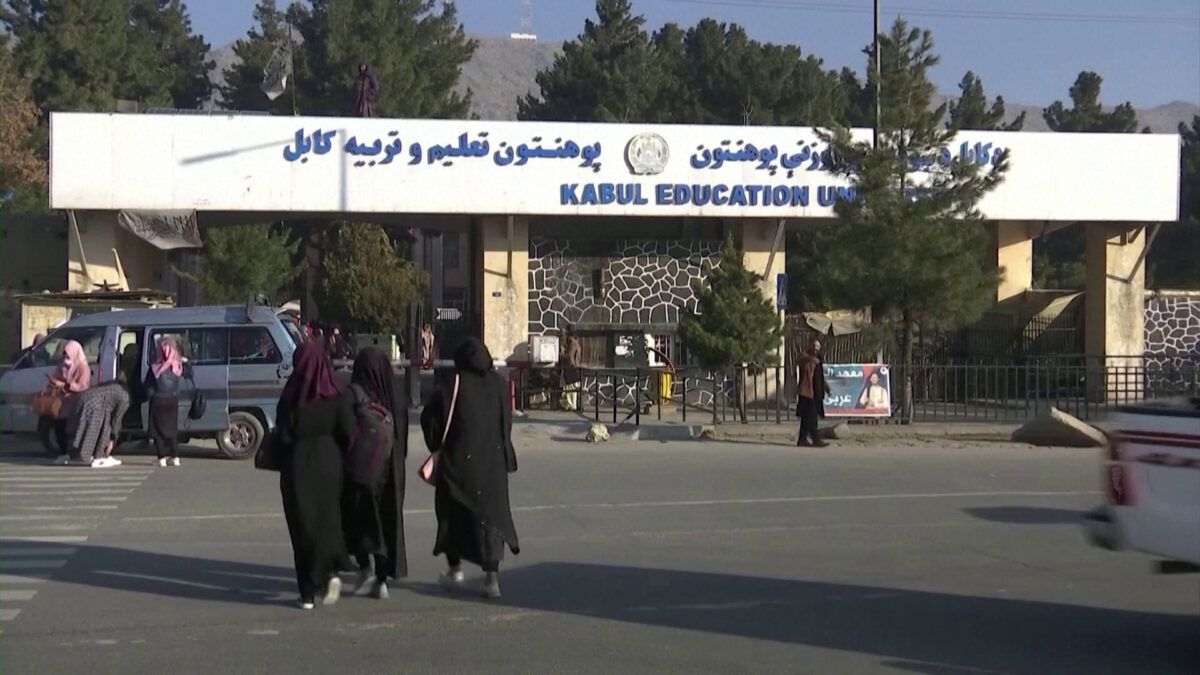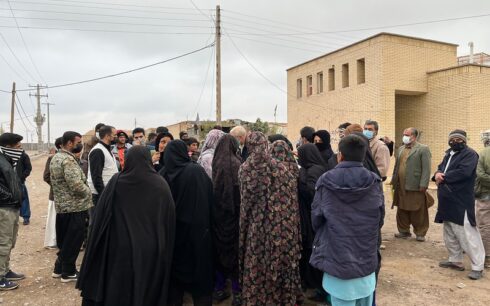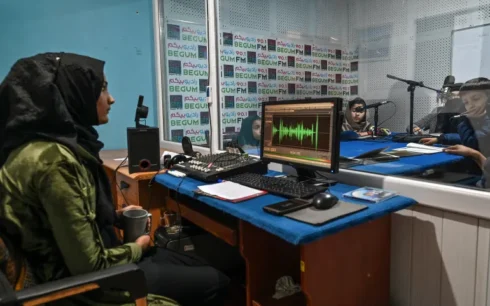The Taliban’s treatment of women and girls in Afghanistan may amount to “a crime against humanity”, G7 foreign ministers said Thursday, demanding the ban on women attending university be reversed.
“Taliban policies designed to erase women from public life will have consequences for how our countries engage with the Taliban,” the ministers of the club of rich nations said in a statement, after holding virtual talks, AFP reported.
Afghanistan’s Taliban rulers, who promised a softer rule when they returned to power last year, have drawn global outrage these past two days after introducing a ban on women attending universities.
The Taliban had already barred girls from attending secondary schools in March.
Both decisions should be reversed “without delay”, the G7 ministers said.
“Gender persecution may amount to a crime against humanity under the Rome Statute, to which Afghanistan is a state party,” they said, in a reference to the International Criminal Court in The Hague.
“The G7 members stand with all Afghans in their demand to exercise their human rights consistent with Afghanistan’s obligations under international law,” they added.
German Foreign Minister Annalena Baerbock meanwhile called the university ban another step “towards the Stone Age”.
“Women and girls in Afghanistan aren’t just not allowed in universities anymore, they aren’t allowed in parks, they aren’t allowed to step outside the door unveiled, they aren’t allowed to learn,” she told a Berlin press conference.
“The Taliban are taking away everything that makes a life for women and girls in Afghanistan. And living is more than just surviving,” she said.
The G7 consists of Britain, Canada, Italy, France, Germany, Japan and the United States.
The G7’s statement joined the chorus of voices from around the world, including the US, the UN, the EU, Saudi Arabia, Qatar, Pakistan, Japan, Canada, Australia and countless others – all of whom have called for the decision to be reversed.
In a series of tweets, the US Special Representative for Afghanistan Thomas West called the restrictions “indefensible”. He empathized with Afghan women and said: “My thoughts are with them right now: Sisters, daughters, mothers seeking education to support their families and fulfill their dreams.
He also said: “This is an important moment for the world: We must unite and oppose these policies in the strongest terms. We must stand with Afghan women.”
On Thursday night, the IEA broke its silence on the decision and its minister of higher education Neda Mohammad Nadeem outlined the group’s reasons for imposing the ban on women’s education.
He said their failure to abide by the Taliban’s dress code, their presence in dormitories without a male relative and the continuation of co-education were the main reasons for the ban, as well as the existence of some faculties for girls that is in contrast with Islamic law.





